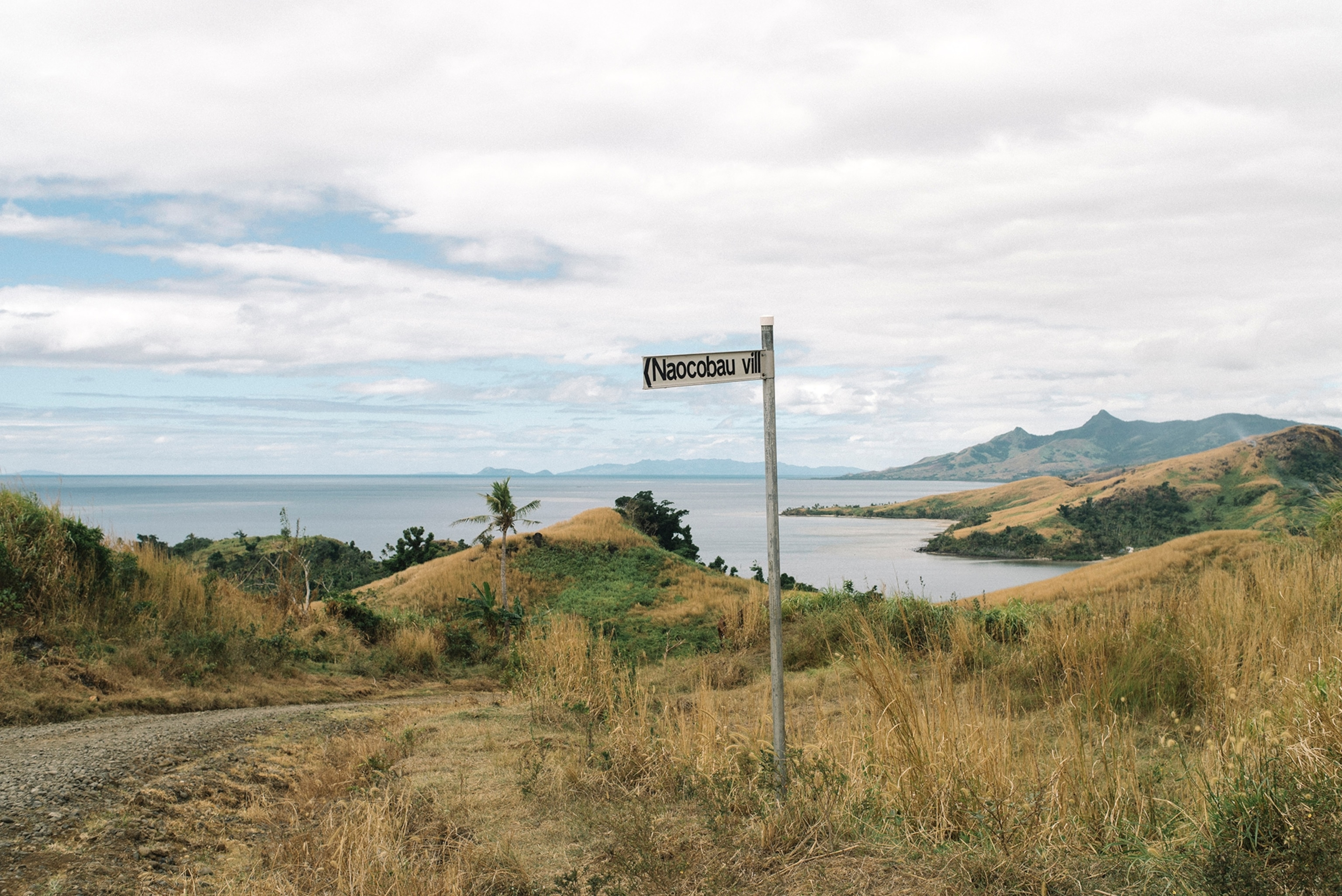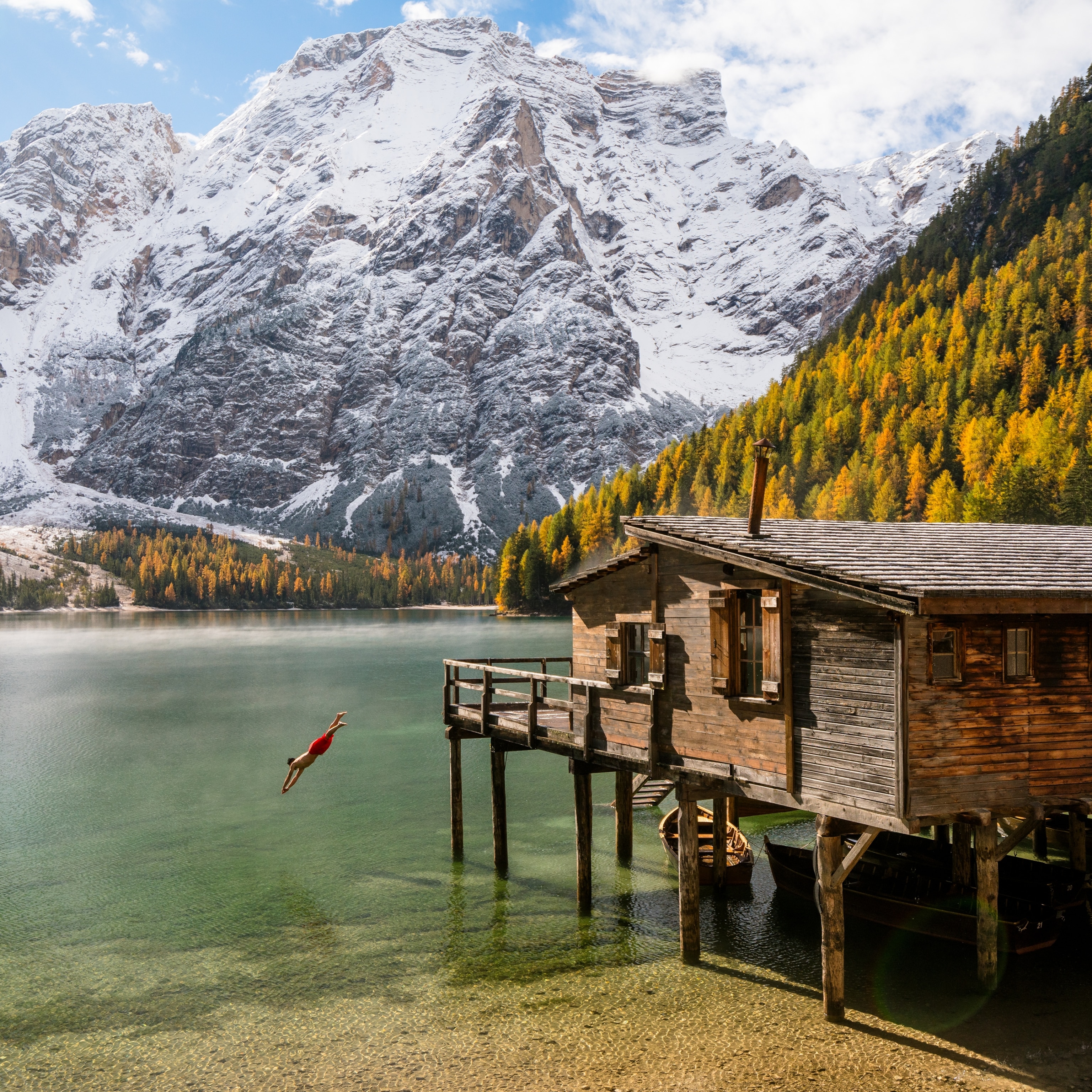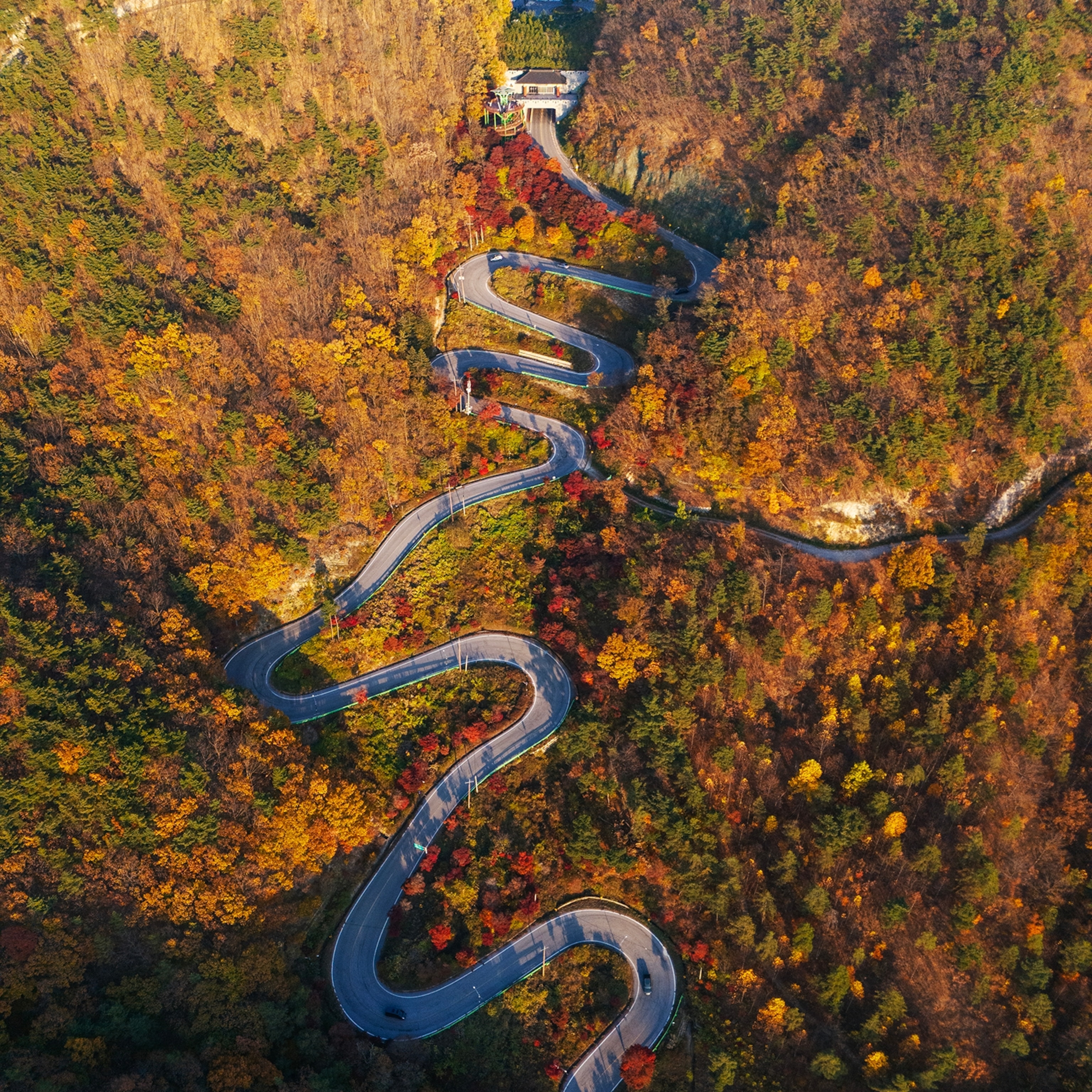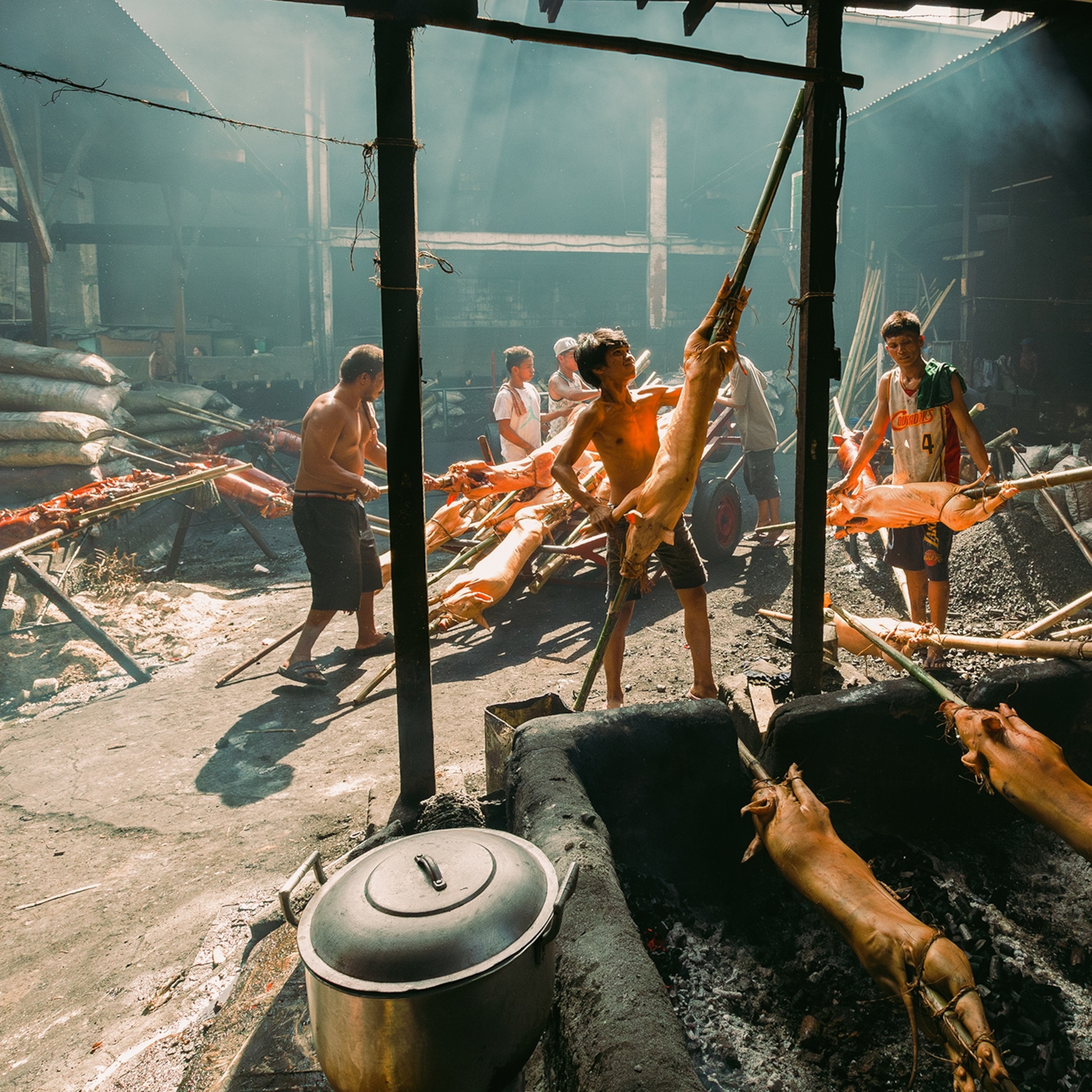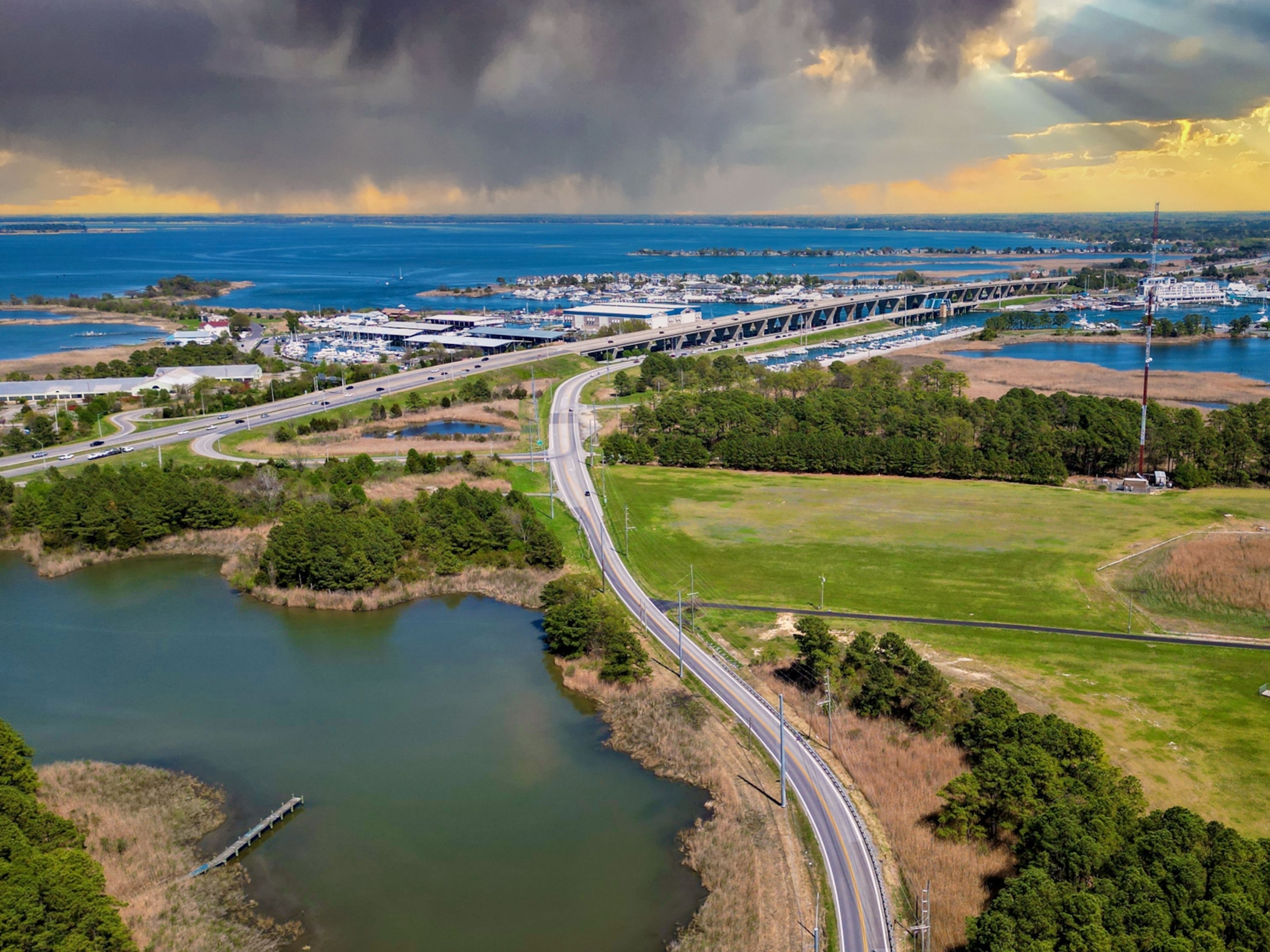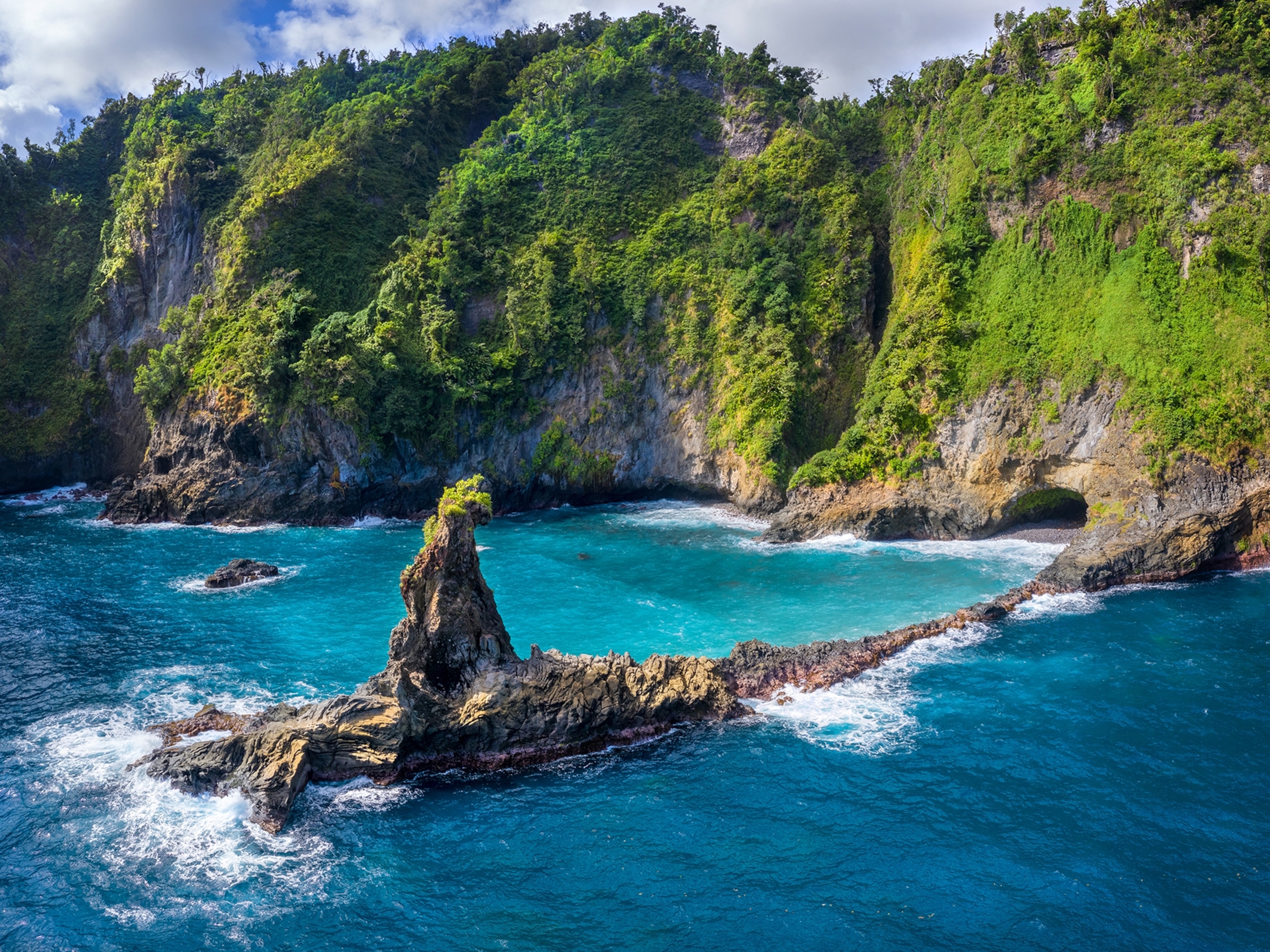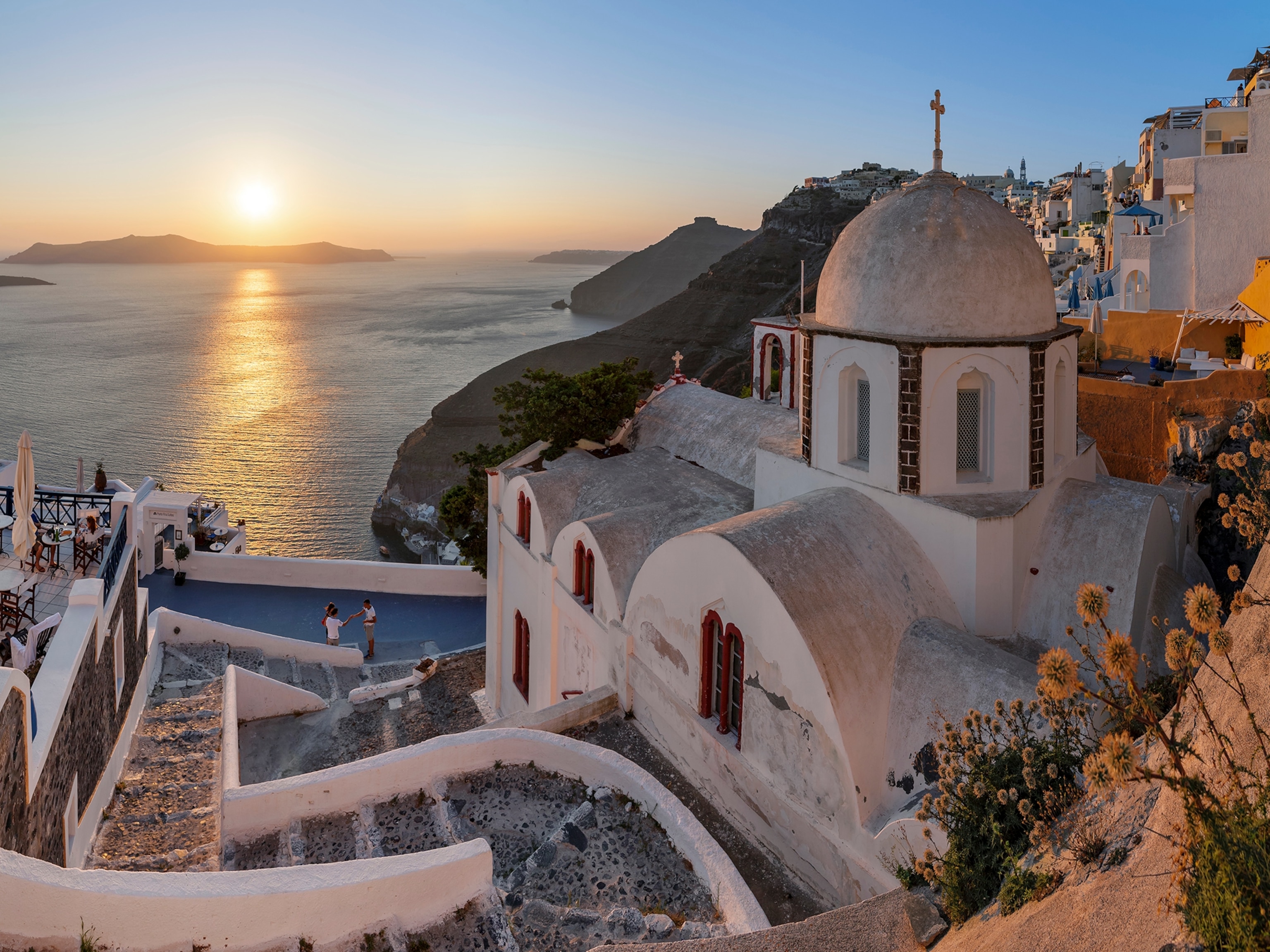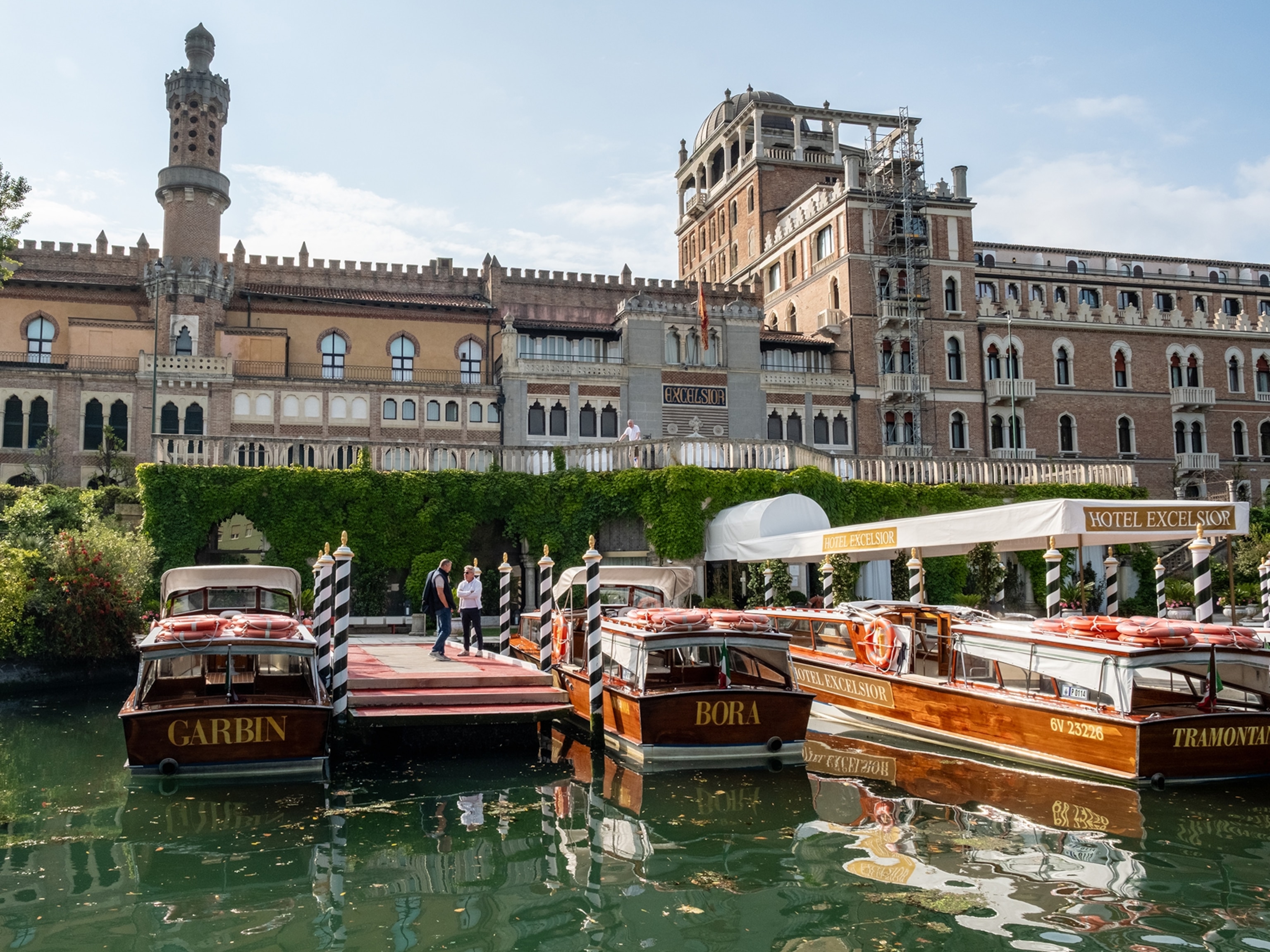How Fiji has become a sustainable island paradise in the South Pacific
With more than 300 islands to explore here, we’ve got your guide to the best times to visit, where to stay—from resorts to villages—and how to partake in the island’s famed “Loloma Hour.”
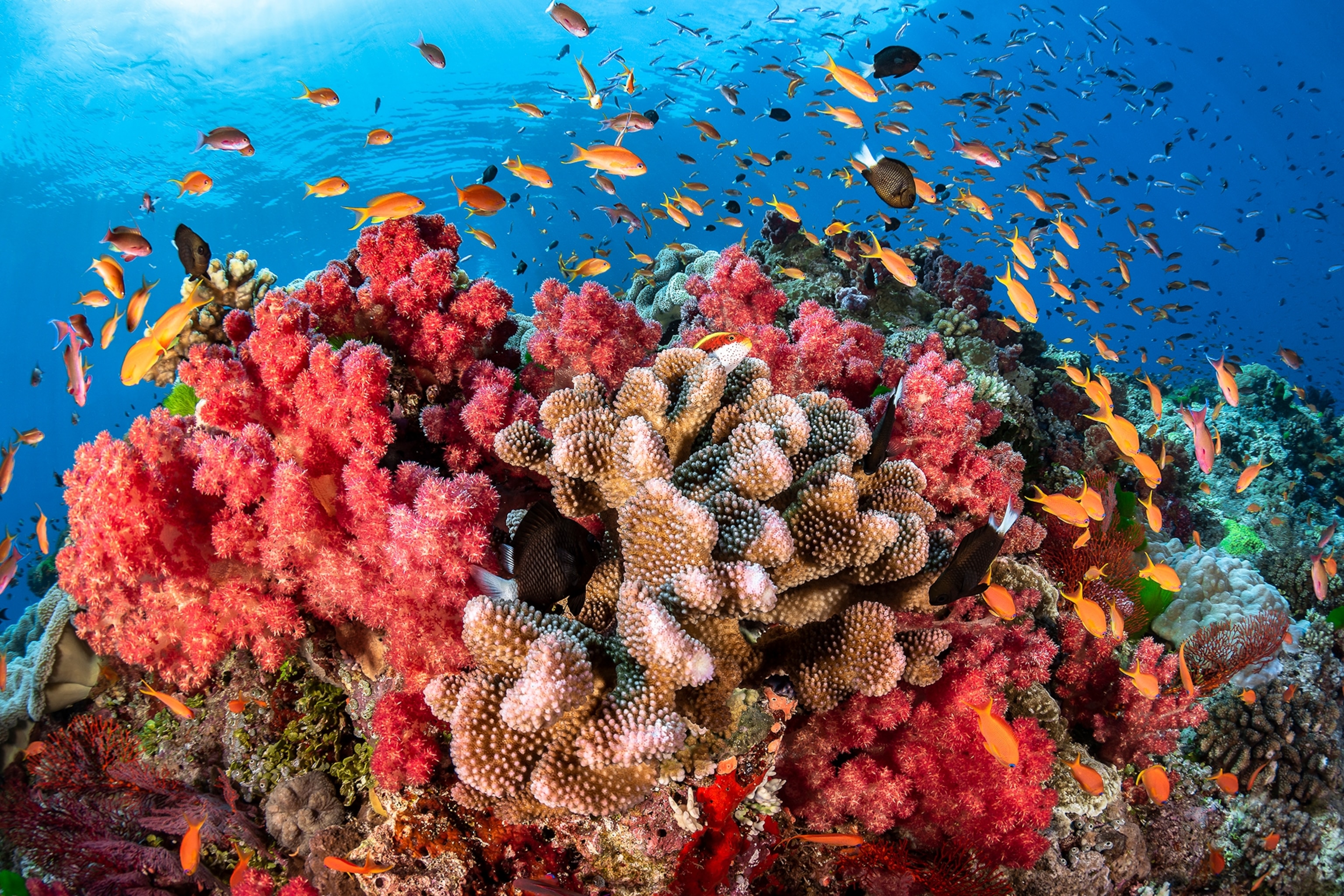
Despite being surrounded by sparkling island nations, Fiji continuously reigns supreme as the poster child of the southern Pacific Ocean. Fijians have perfected the art of welcoming guests with their bright “Bula,” which means“life” and echoes beyond a mere greeting.
Fiji figured out early how to capitalize on its natural assets, and it’s never looked back. Today, Tourism Fiji attributes one tourism job to the arrival of every 15 international visitors. At latest count, this country of idyllic islands—about one third of which are inhabited—boasts more than 12,000 hotel and guest rooms.
In 2026, Fiji has a score of edgy new developments, exciting events, greater access, and refurbishments galore. Notably, BULA Reef celebrated its first anniversary in June 2025, with burgeoning coral and flourishing fish bringing this ambitious conservation project to life.
Loloma Hour—a nod to happy hour, for which this destination is renowned— comes from the Fijian word meaning “love”, and was recently created so that visitors can inject some passion back into Fiji through sustainable activities.
(See all 25 destinations that made our list of the best places to visit in 2026.)
What to do
BULA Reef: Planted in the word BULA and standing some 52 feet tall (by comparison, the famous Hollywood sign in Los Angeles is 44 feet tall), this is the largest rescue reef in the world. Plantation Island Resort only allows once-weekly guided visits here, as this project is critical in protecting and preserving endangered coral in this region’s ever warming waters. Those who wish to snorkel further are invited to explore the resort’s underwater museum, located just 65 feet offshore and home to structures such as bicycles, golf carts, and tables and chairs on which coral is grown for replanting.
Kuata Island Day Cruise Centre: Located in the heart of the dazzling Yasawa Islands, famous for their white sandy beaches, this new center is a one-stop-shop of all things Fiji. Those on day cruises—there are three from which to choose—can also indulge in five swimming pools, a restaurant, bar, dive shop, and the Fiji Cultural Centre.
Monuriki Island Tour: It’s almost impossible to believe it’s been 25 years since Tom Hanks was stranded on “Cast Away” Island with an unsuspecting soccer ball, but 2025 marked the quarter-century anniversary of Fiji’s remote Monuriki Island being thrust into the spotlight. It has also featured repeatedly in CBS’s Survivor series, which celebrates its 50th season in 2026. Away from the cameras, Monuriki is a peaceful reserve, home to the critically endangered Fiji crested iguana.
Cloud 9: The name is as heavenly as the destination. Come August, the gnarly reef break Cloudbreak will host the final wave in the World Surf League’s 2026 competition. Surfers and non-surfers flock to nearby Cloud 9 for its wood-fired pizzas and snazzy cocktail bar surrounded by nothing but blissful blue ocean.
When to go
Perched just 17 degrees south of the Equator, Fiji is warm and welcoming year-round but can be prone to unpredictable tropical storms during the summer months. While the humidity, wind, and rain abate during May to October, the trade-off for more stable weather means more visitors and high season prices. Outside of the winter holiday rush, December can prove to be dry and delightful.
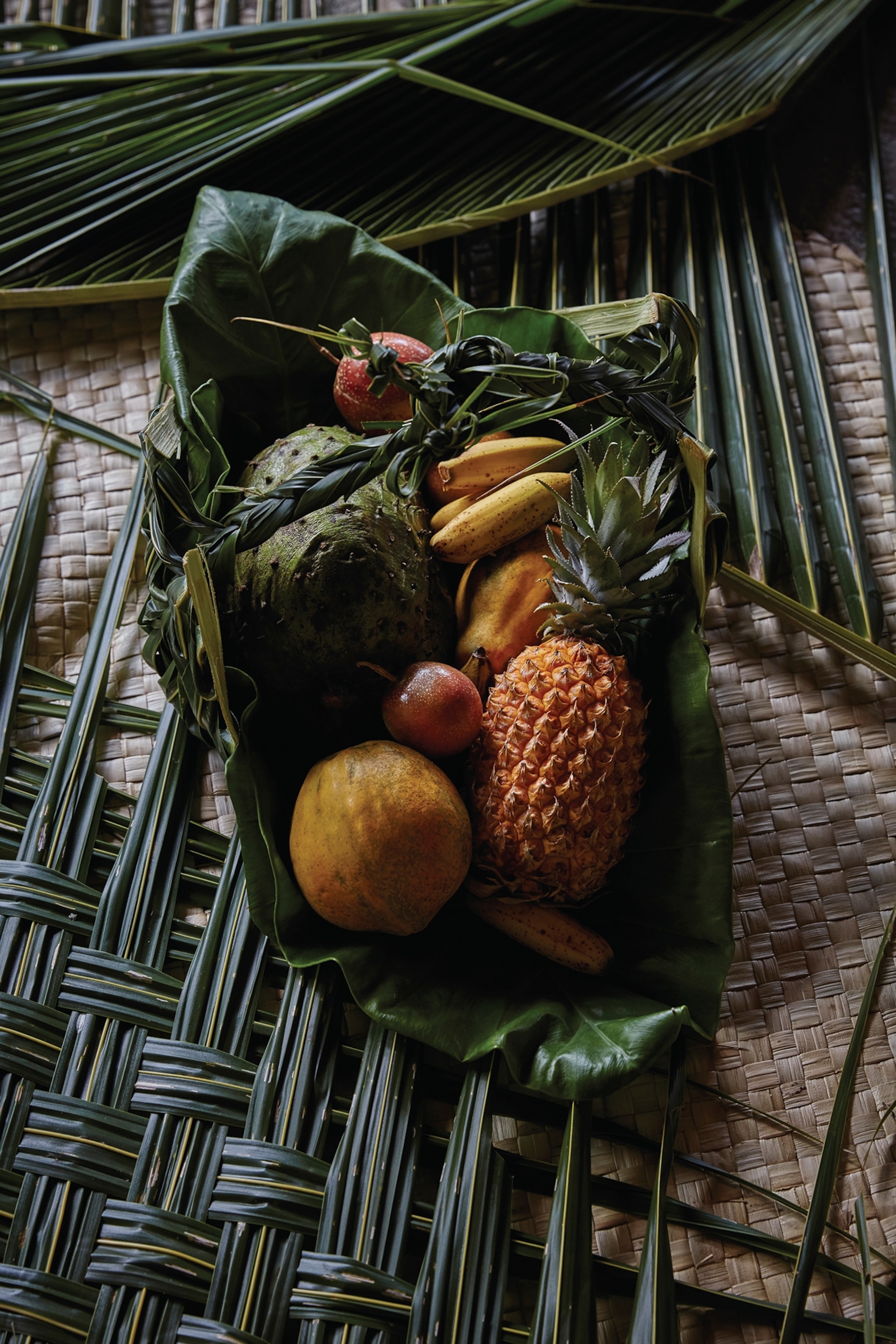

Where to eat
Saluwaki Restaurant: With its name coming from the Fijian word for a collection of Indigenous herbs and spices, the new Saluwaki Restaurant has upped the ante on destination dining. Think Asian-style tapas infused with Fijian inspiration, with dishes like ember-roasted Walu (white tuna) and handmade squid ink noodles. Only 28 guests are seated in this intimate setting that offers views over its luscious lagoon.
Farm to Fork: For a different perspective of Fiji away from the ocean, join this twice-weekly farm-to-fork experience at Sheraton Fiji Golf & Beach Resort. It starts with a sustainable farm tour and incorporates cooking in an underground oven, or “Lovo”, which will later form part of a buffet dinner. While here, partake in a traditional Kava ceremony. After dinner, enjoy Fijian Meke dancing and witness a sizzling fire show.
The Beach Club Wailoaloa: If you want to go where the locals go, head to this rustic and affordable Nadi beachfront haunt for burgers, pizza, chicken, and seafood. Sip on a local Fiji Bitter or a cucumber martini and listen to local Fijian bands. Locals also recommend Nadina in Nadi for its traditional and local cuisine and the ubiquitous kava drinking. Farther along the Coral Coast to the south, amble along the long jetty at Maui Bay to buy a fresh coconut for less than a dollar.
Fiji Gateway Hotel: Palm Court Restaurant at Fiji Gateway Hotel pays homage to the nation’s Fijian Indian heritage. Choose from a range of chef's speciality curries all served with rice, roti, pappadam condiments, and lashings of garlic.
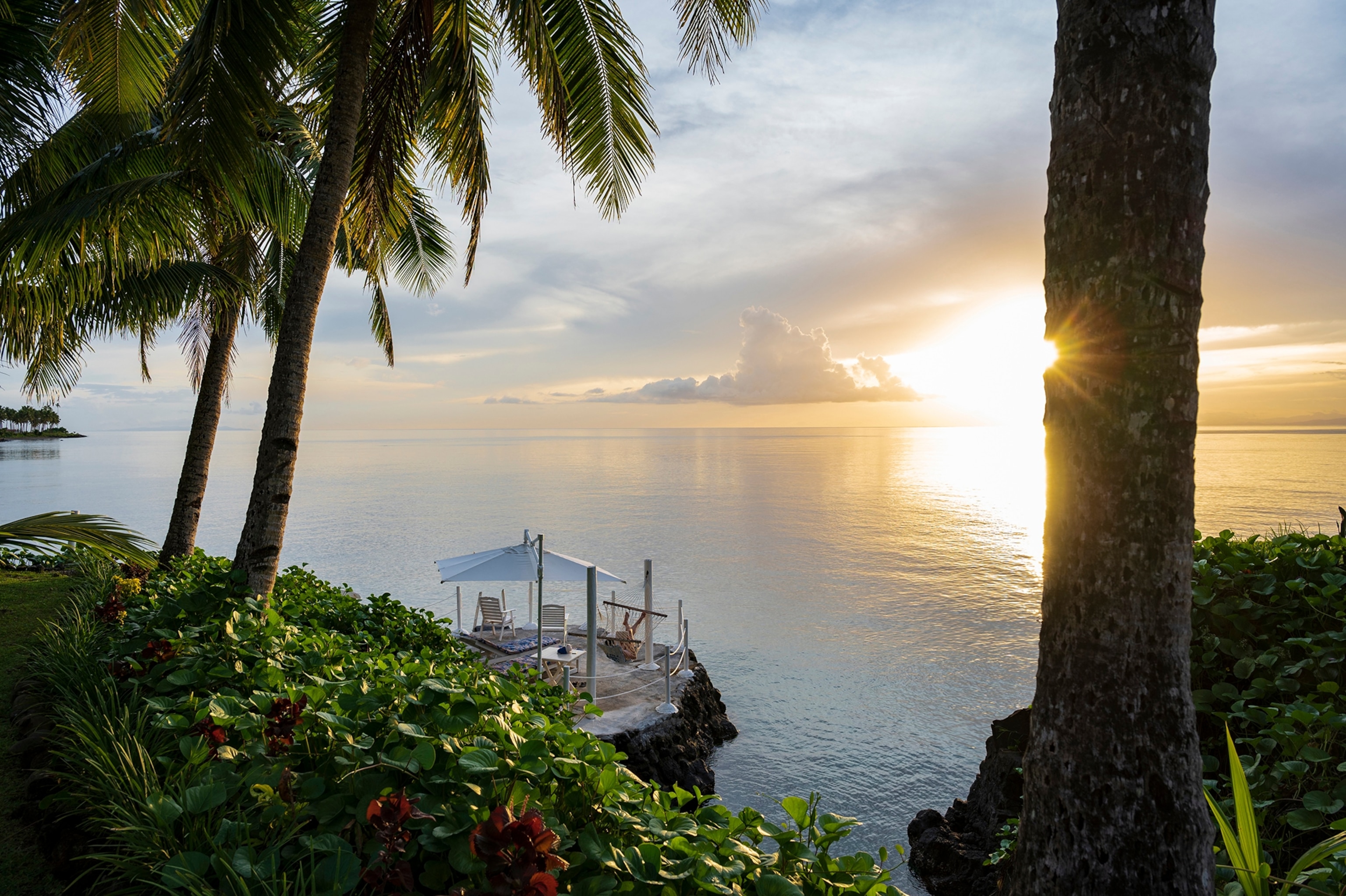
Where to stay
Plantation Island Resort: This family-friendly resort hosts a wide range of accommodations, from its beachfront bures and hotel rooms to those overlooking its colorful tropical gardens and pools, which are almost as popular as its lagoon and large range of restaurants.
Likuliku Lagoon Resort: A recent multi-million-dollar upgrade has brought a refresh to this luxurious adults-only resort, including private plunge pools for its 11 beachfront bures. Dine on the new outdoor terrace deck at Fijiana restaurant or enjoy the refurbished Dua Tale Bar.
Serenity Sands Island Glamping: With plans to open toward the end of 2025, Serenity Sands Island Glamping will be the first glamping offering in Fiji. Sustainably built with galvanized steel, canvas walls, and PVC roofing, this retreat is situated on the same 48-acre island as its sister property, Serenity Island Resort, so glamping guests can access the same amenities.
Getting around
Nadi International Airport is the major airport for flights in and out of Fiji, and Fiji Airways continues to expand its routes from the U.S. and Australia. Once here, there’s myriad ways to travel, with many visitors opting to rent a car, driver, or taxi for the main island of Viti Levu. You can also take a bus. Many of the hotels offer their own shuttle service, or consider the Yasawa Flyer for island transfers.
